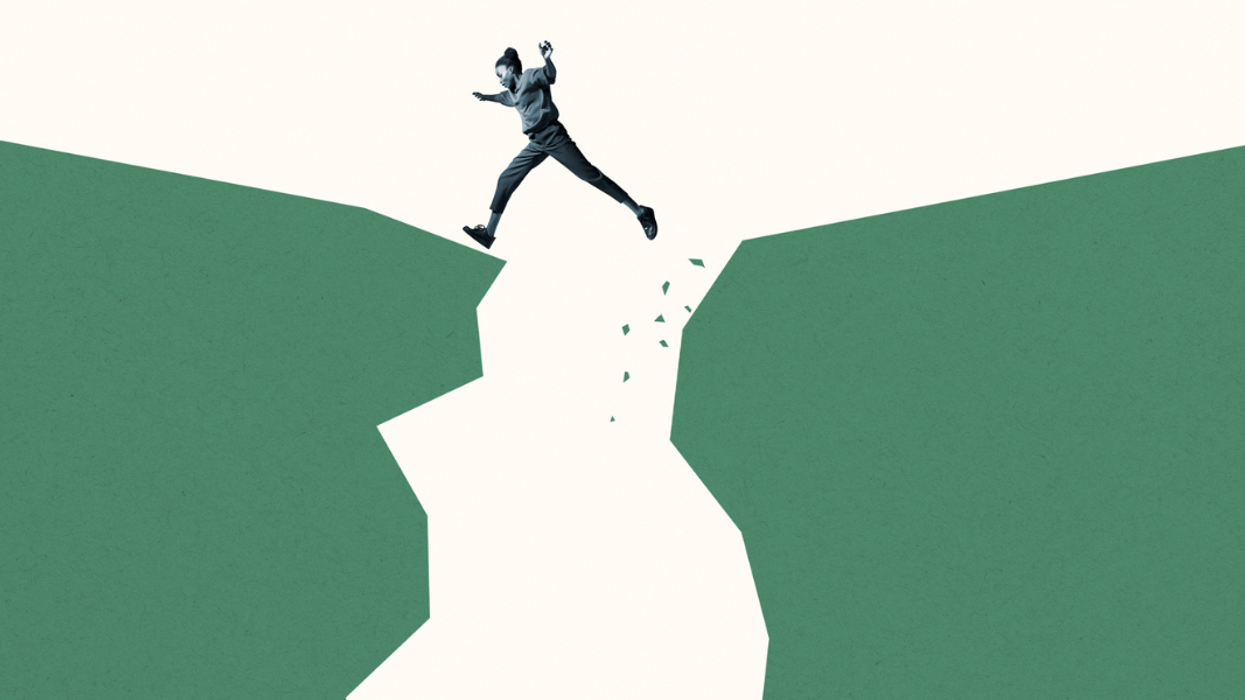Leland R. Beaumont is an independent wisdom researcher who is seeking real good. He is currently developing the Applied Wisdom curriculum on Wikiversity.
Introduction
In an age of remarkable technological advancement, it is disheartening that the progress in improving overall human well-being has been sluggish. The grand challenges confronting humanity today are not only colossal and persistent but also represent opportunities to forge a better future for all. These grand challenges serve as both formidable obstacles and promising avenues to universal well-being. It is imperative that we shift our focus towards addressing these issues collectively.
Mountains of Problems
Individual Well-Being
The foundation of human well-being rests on individual health. Shockingly, millions of people worldwide lack access to safe drinking water. Waterborne diseases, often stemming from unsafe drinking water and poor sanitation, remain a leading cause of death, particularly among children. Malnutrition, a preventable tragedy, claims millions of lives annually. Moreover, obesity, once considered a symbol of prosperity, has become a global epidemic with dire health implications.
As we contemplate physical health, we must not neglect mental health. Depression, chronic stress, and suicide exact a significant toll on individuals and societies. Addiction, whether to substances or behaviors, further exacerbates these mental health challenges. The gap in access to adequate mental health services only compounds the issue.
Economic and Social Opportunity
The grand challenge of economic inequality casts a long shadow, with billions living in poverty. Homelessness, inadequate education, illiteracy, and unemployment perpetuate cycles of suffering and limit human potential. Discrimination and oppression undermine social justice and equality, further entrenching societal divisions. Ensuring safety and security is an essential aspect of well-being. Violence, terrorism, child abuse, domestic violence, and crime threaten the very fabric of societies. Gun violence, organized crime, and human trafficking are scourges that demand our immediate attention.
Bearing the Burden of Environmental Stewardship
Environmental degradation and unsustainable practices have led to the dire consequences we now face. Global warming, pollution, and habitat destruction endanger not only our ecosystems but also our very existence. Depletion of natural resources, natural disasters, extinction of species, and rampant poaching are symptoms of our reckless approach to the environment. Deforestation, in particular, poses an alarming threat.
Government Policy and Global Issues
Effective government policy is instrumental in addressing these grand challenges. Protection of human rights, curbing population growth, disarmament, and fostering global democracy are critical endeavors. Sustainable practices, global justice, and the prevention of genocide should be at the forefront of our collective efforts.
The Range of Opportunities
While these grand challenges may appear insurmountable, they also offer opportunities for positive transformation. By addressing the disparities in access to clean water, we can save lives and promote well-being. Investing in education and literacy can empower individuals and communities, breaking the cycle of poverty. Promoting mental health and addiction services can help people lead fulfilling lives.
Environmental stewardship presents us with the chance to protect and restore our planet, ensuring a sustainable future for generations to come. Renewable energy, conservation, and responsible resource management can mitigate the consequences of global warming and habitat destruction.
Conclusion
The grand challenges that humanity faces are indeed daunting, but they are not insurmountable. By prioritizing these challenges, we have the opportunity to reshape the future for the better. Addressing issues related to individual well-being, economic and social opportunity, environmental stewardship, and government policy can pave the way for a more equitable, prosperous, and sustainable world.
It is incumbent upon us to recognize these challenges not as burdens but as catalysts for positive change. By working collectively and adopting a global perspective, we can turn these challenges into opportunities for the betterment of all. Let us commit ourselves to this vital task, for in doing so, we can build a brighter future for humanity.
ChatGPT generated this essay based on the materials from the Wikiversity course on Grand Challenges.



















 Senate Committee on Commerce, Science, and Transportation ranking member Sen. Maria Cantwell (D-WA) (R) questions witnesses during a hearing in the Russell Senate Office Building on Capitol Hill on February 10, 2026 in Washington, DC. The hearing explored the proposed $3.5 billion acquisition of Tegna Inc. by Nexstar Media Group, which would create the largest regional TV station operator in the United States. (Photo by Chip Somodevilla/Getty Images)
Senate Committee on Commerce, Science, and Transportation ranking member Sen. Maria Cantwell (D-WA) (R) questions witnesses during a hearing in the Russell Senate Office Building on Capitol Hill on February 10, 2026 in Washington, DC. The hearing explored the proposed $3.5 billion acquisition of Tegna Inc. by Nexstar Media Group, which would create the largest regional TV station operator in the United States. (Photo by Chip Somodevilla/Getty Images)
